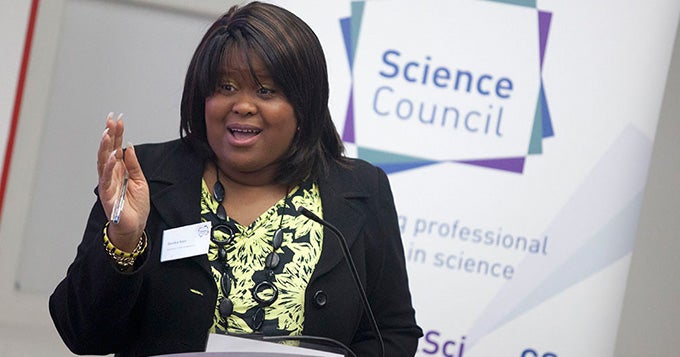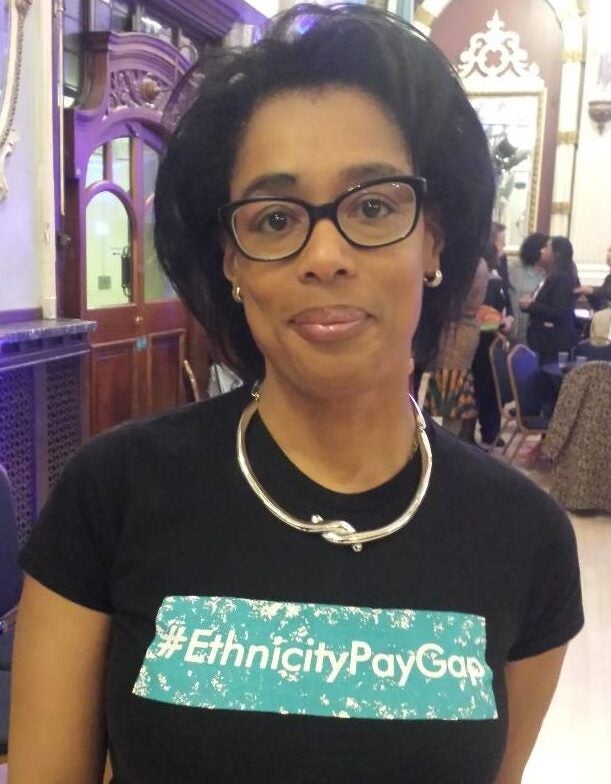Universal ethnicity pay gap reporting could take another 50 years, study shows
Exclusive: Campaigners are calling for the government to introduce mandatory ethnicity pay gap reporting

Ethnicity pay gap data will not be widely published by companies in the UK until 2075 unless the government intervenes, new research indicates.
Some 19 per cent of businesses across the UK took note of their ethnicity pay gap in 2021 and only half of these actually published this data, analysis by Business In The Community (BITC) shows.
If this pace of reporting continues and is not made mandatory, it will take 53 years for other businesses to catch up, according to BITC.
The analysis was conducted through the 2021 Race at Work survey, which contacted 24,638 employees across the UK, and used a combination of the latest figures relating to the pandemic, furlough and how the pausing of reporting has impacted gender pay gap data.
BITC, a business-led membership organisation dedicated to responsible practices, argued the findings highlight the need for the government to introduce mandatory ethnicity pay gap reporting – despite an 8 per cent increase in companies voluntarily capturing their ethnicity pay gap data since 2018.
Sandra Kerr, Race Director at Business in the Community, said: “Our research shows we could be waiting decades for companies to know what their ethnicity pay gap is unless the government intervenes and makes reporting mandatory. Businesses want action on this, they want to play their part to create a fairer and more equal society and ethnicity pay gap reporting is a vital part of that.
“And while it’s great to see an increase in the number of businesses capturing their ethnicity pay gap data, unless mandatory reporting is introduced, we could be waiting until 2075 for the companies currently capturing this data to publish what their pay gap is.”

Reporting ethnicity pay gap data is not going to solve everything and companies will also need to devise an action plan to address racial disparities, Ms Kerr pointed out.
“It is only the beginning; publishing this data ensures transparency but it also helps employers ensure that action is directed to where it is needed most,” she said.
Eight in 10 people (27 million) work in the private sector in the UK and 5.6 million people work in the public sector. The BITC argues that if employers were to take the practical steps they suggest, the impact on addressing inequalities could be substantial.
This comes after a parliamentary committee heard that the government is failing to take ethnicity pay gap reporting seriously.
Wilf Sullivan, equality officer at the Trades Union Congress, told the Women and Equalities select committee in January: “The fact that progress has been so slow on something that we see as really basic in terms of data collection, so that employers can evidence inequality in their workplace, underlines the point that there needs to be regulation around this.”
Anneliese Dodds, Shadow Secretary of State for Women and Equalities and Chair of the Labour Party, said this analysis is “another clear indication of the deep-seated structural inequalities in our society”.
“Black, Asian and minority ethnic people shouldn’t have to wait 53 years for the extent of pay inequality to be exposed,” she told The Independent.
“Instead of taking action to tackle them, the Conservatives have issued a report denying structural racism even exists.
“Labour will do things differently. Our New Deal for Working People will compel large employers to bring in mandatory ethnicity pay gap reporting, and we’d introduce a Race Equality Act to tackle structural racial inequality at source.”

Dianne Greyson, who launched the #EthnicityPayGap campaign three years ago, wrote to UK politicians and business-owners last year in an effort to refocus attention as the ethnicity pay gap stood at £3.2bn.
“Every statistic is a story, a struggle, a person, a family, a situation that could be changed if this issue were dealt with and the gap eliminated. My target is to eradicate this gap entirely, and for every worker to receive a fair wage, with no disparities,” she wrote.
“2020 was a year of loss, and a call for substantive change regarding systemic inequity. I am highlighting this issue that too many are reluctant to address despite its glaring reality across the UK, in too many work places and for too many people.”
A government spokesperson said: “We want to ensure everyone, whatever their background, has equal opportunity to succeed and achieve on merit.
“We are considering the findings of the Commission on Race and Ethnic Disparities independent report, which included recommendations on ethnicity pay reporting, alongside feedback to our consultation on this issue. We will set out our response to this in due course.”
Join our commenting forum
Join thought-provoking conversations, follow other Independent readers and see their replies
Comments
Bookmark popover
Removed from bookmarks